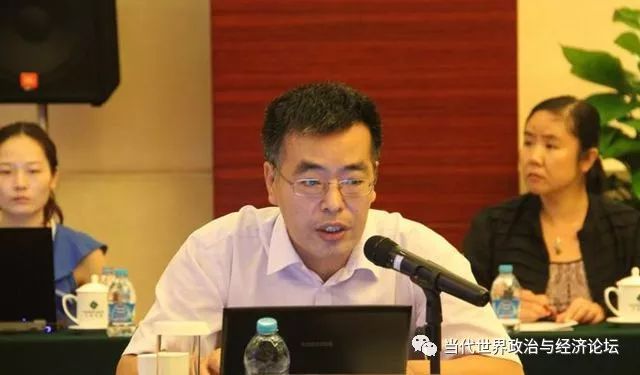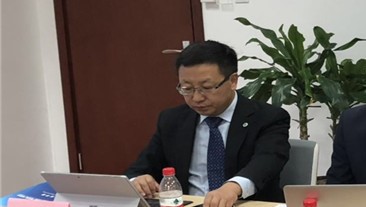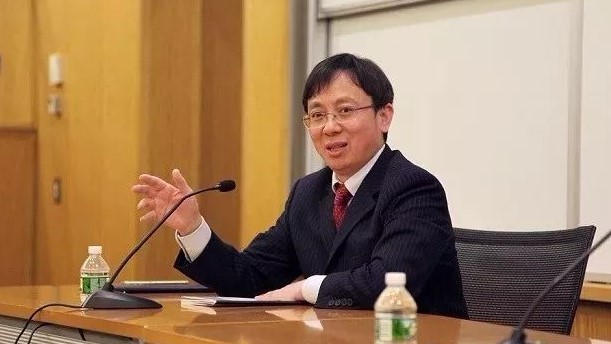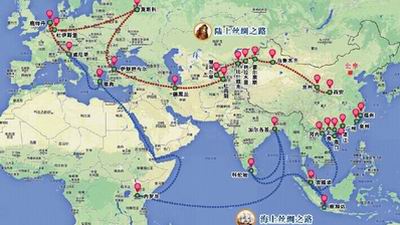Spirit of Perseverance
Building the China–Central Asia–West Asia Economic Corridor is a very complex endeavor, requiring continuous work from all parties. As outlined above, the three South Caucasus countries all need to renovate aging infrastructure, modernize public services, and improve welfare systems. This provides a rare historical opportunity for China to combine existing cooperation with the three nations into the wider framework of creating the aforementioned corridor.
At the same time, we must also recognize that, due to the many challenges to economic development, complicated intra‑regional relations, and inadequate connections with the wider world, there is much work to do for China and the South Caucasus countries in creating the China–Central Asia–West Asia Economic Corridor. In the first quarter of 2020, due to COVID‑19, bilateral trade between China and Armenia fell to $198 million, a clear drop from the same time last year. China’s trading relationships with both Azerbaijan and Georgia were similarly affected. Cooperation in other sectors, especially in infrastructure, were hit even harder.
Given this situation, the China–Central Asia–West Asia Economic Corridor may not be able to form a comprehensive regional network for some time. China and the South Caucasus countries should not rush to complete the construction of the Belt and Road Initiative. Instead, all parties are expected to work more steadily and maintain a detail‑oriented mindset. Ensuring that cooperation leads to win‑win situations, as well as maintaining a spirit of perseverance, represents the best path for moving forward cooperation between China and the South Caucasus countries under Belt and Road Initiative, together making progress on creating the China–Central Asia–West Asia Economic Corridor.
(于洪君,中共中央对外联络部原副部长,中国原驻乌兹别克斯坦大使,中国论坛特约专家。)






